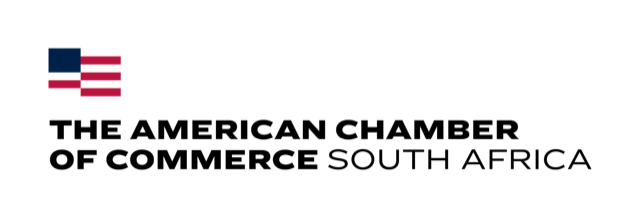US Africa Command beefs up military support to Angola and Namibia
The United States Africa Command (Africom) is helping Angola and Namibia to counter threats from Isis and Mexican drug cartels emanating from South Africa and elsewhere, says Africom’s deputy commander.
Deputy Commander Lieutenant General John W Brennan said this in an online media briefing about his recent visits to Angola and Namibia with Ambassador Robert Scott, deputy Africom commander for civil-military engagement.
They were asked what the main focus of Africom’s engagement with Angola and Namibia was, since these were “two countries where jihadist groups don’t currently seem to present much of a threat”.
Brennan replied that Africom’s security assistance was “really preventative.
“There are jihadist groups that operate all along the periphery of both Angola and Namibia. Isis has franchises in Mozambique, South Africa, as well as an emerging Mexican drug cartel issue that we think is … getting worse over time, that’s emanating from South Africa and from coastal West Africa.
“We want to keep Namibia and Angola free of those threats as well as to prepare them for any future threats” through training, exercises and equipment.
In Angola, the two officials observed joint exercises between US and Angolan special forces, and held discussions there and in Namibia with their counterparts, “underscoring US Africa Command’s continued commitment to strengthening partnerships in Africa to promote stability and collective defence through cost-effective, African-led solutions that minimise direct US military involvement”, said Africom.
Scott said what struck him on the visit was how “tightly interlocked … security is with prosperity, with economic development”, especially with maritime and trade issues.
They heard that Namibia was planning to turn Walvis Bay into a regional hub for the transhipment of goods, and Scott noted that the US was taking the lead in helping to develop the Lobito Corridor into a transformational corridor for trade, connecting eastern Democratic Republic of the Congo (DRC) to the Atlantic.
He said the Lobito Corridor showed how security was leveraging economic development and vice versa. He noted that the upgrading of the railway line from eastern DRC to the Port of Lobito had cut the transport time for goods like copper and agricultural products from an average of 28 days to seven days. And so the military exercises which the US was conducting with Angola were helping to keep its coastline secure.
Africom was also providing Angola with technology to increase its maritime domain awareness, helping its navy and coastguard to know exactly what ships are off its coastline and what they’re doing.
Joint military exercises
Brennan said that apart from the small special forces exercises like the recent one with Angola, Africom was trying to include Angola and Namibia in the larger joint military exercises with the US, like African Lion and Obangame Express, which involved 30-50 countries and which were typically conducted several times a year.
He said that the difference between the way the US operated in Africa and the way that Russia, China and some European countries operated was that African countries led the joint US-Africa exercises.
Scott added that this year’s Obangame Express exercise had been organised to support the Yaoundé Code of Conduct, the regional construct of rules of engagement for maritime security organised by its member states themselves, from Mauritania down to Namibia.
He said Obangame also included an interesting tabletop exercise on how to combat IUUF — illegal, unreported and unregulated fishing — and stop foreign country fleets “taking all of their fish out of the ocean”.
The training included “knowing who’s out in your oceans, being able to intercept them and then having the legal ability to actually prosecute them on land”.
Brennan said Africom wanted to increase the participation of other Southern African Development Community (SADC) countries in joint military exercises. Africom was already hosting high-level discussions with their militaries, such as the annual Chiefs of Defense Conference.
“So the more African countries participating, the better,” he said, adding that the US was also adding partners and allies from across the world — for example, the last Cutlass Express exercise was partly hosted in East Africa and included India, Sri Lanka, South Korea and Brazil. He noted that holding the exercises in Africa helped to lower costs for both the US and the African countries.
Africom had “started the burgeoning relationship with SADC many years ago”, said Brennan. Botswana was the hub of that, and Africom wanted to expand its security partners, who also provided troops to operations like those fighting violent extremist organisations in Somalia, as well as stopping illicit drug and human trafficking.
Mozambique was also a partner, and Africom had recently given it boats to interdict drug shipments off its coast. He added that drug cartels making drugs in Africa and exporting them to Europe, the US and Australia, or for local consumption, were a growing problem.
Brennan said that after the US and other Western countries had been forced (by pro-Russian juntas) to remove their militaries from some African countries, it had become more difficult for them to conduct counterterrorism operations when they were not on the ground.
“Which is why we’re focusing on building our partners’ capacities so that they can respond to terrorist activities … that we support from afar with our partners … with things like training and equipping.” DM
